
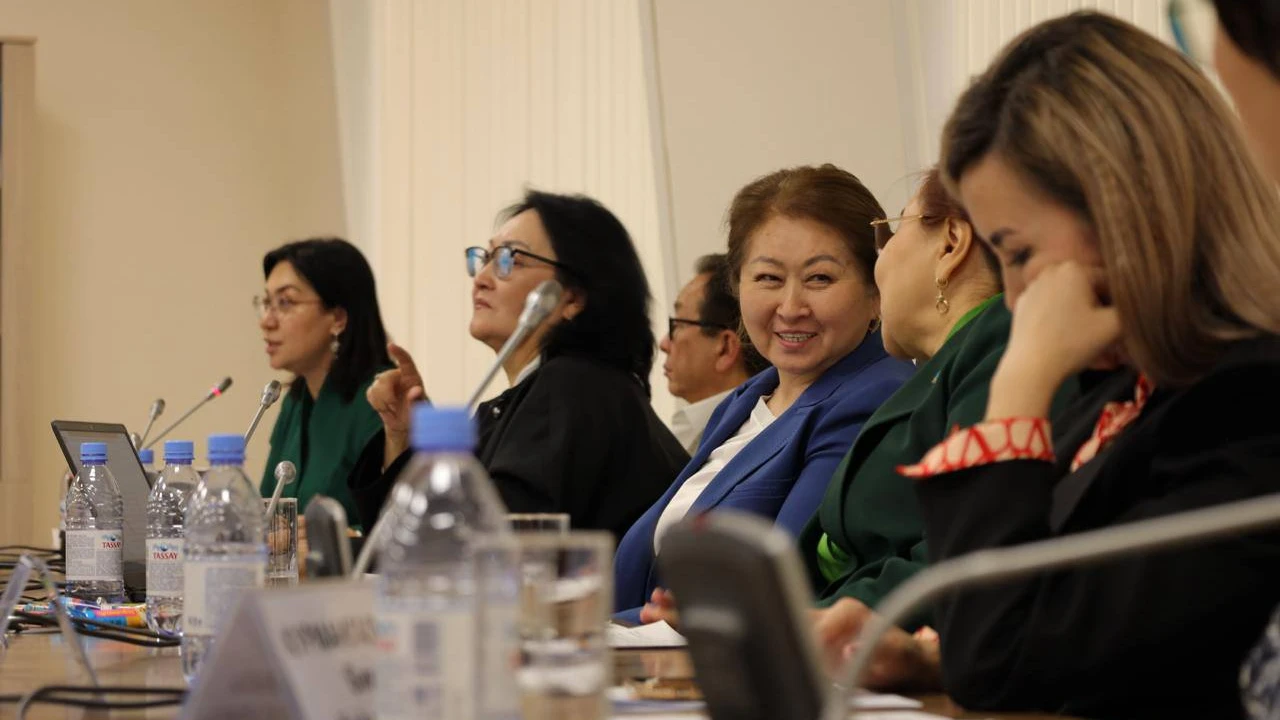
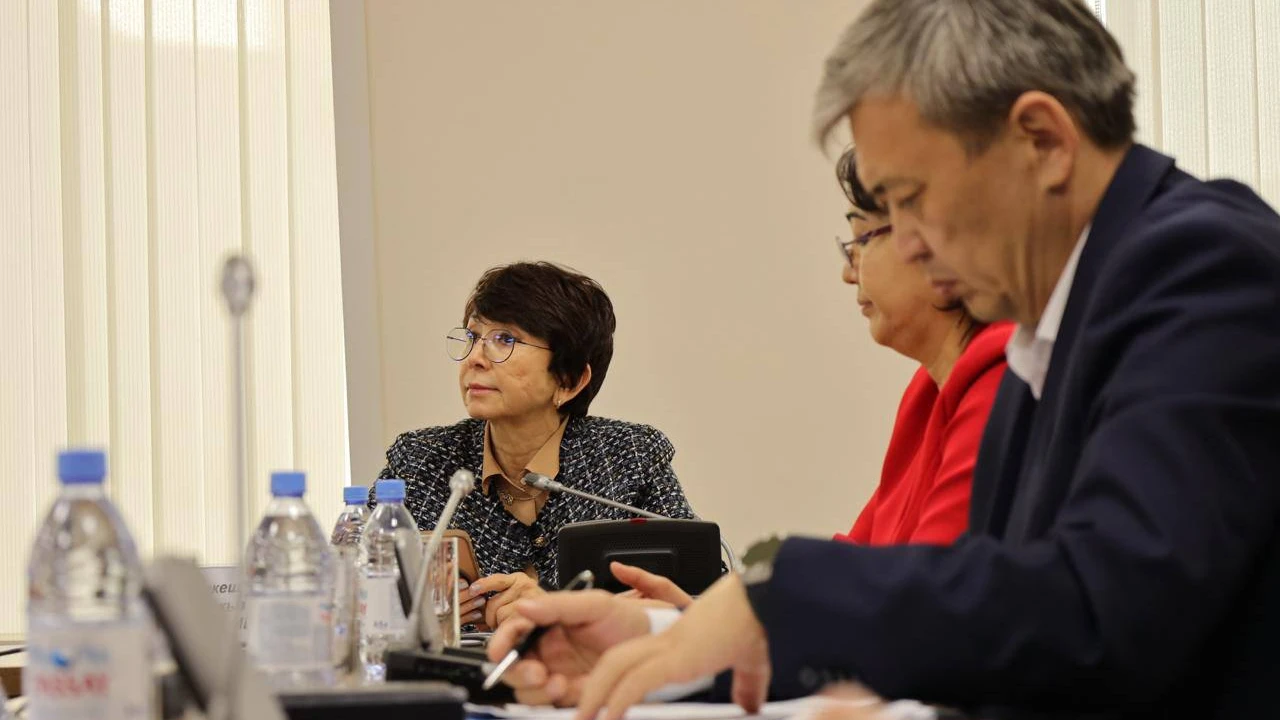


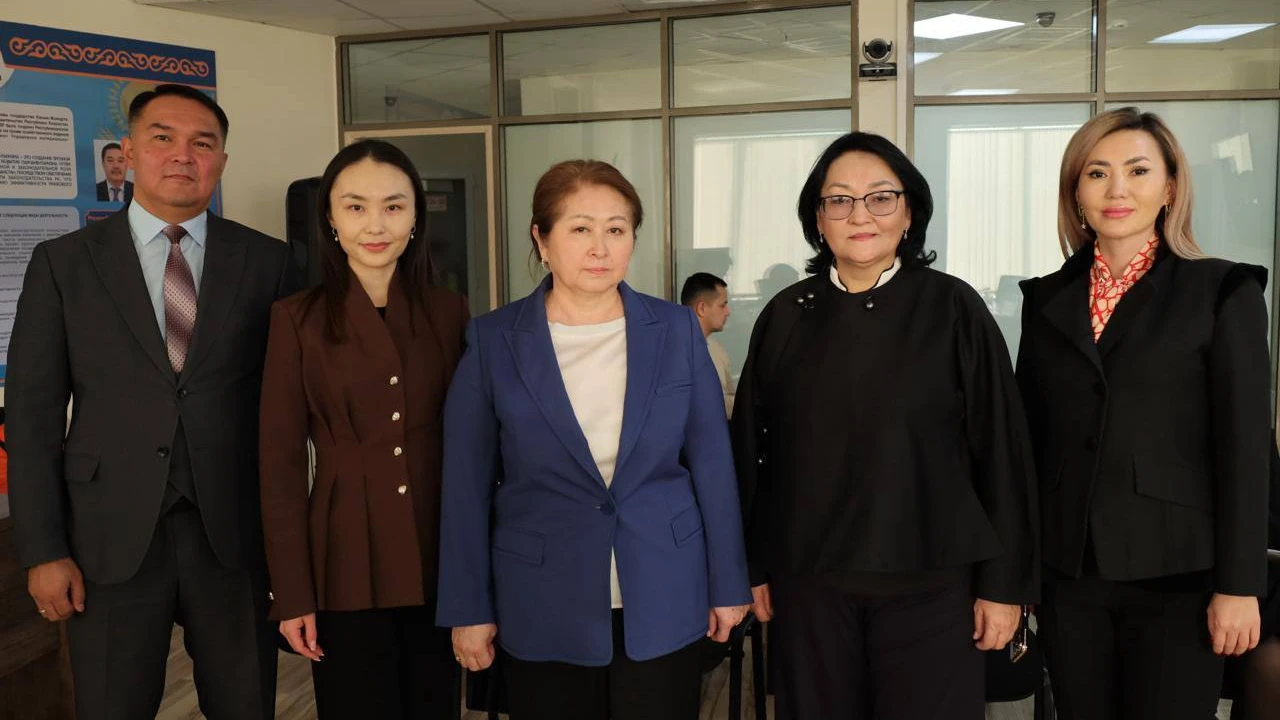
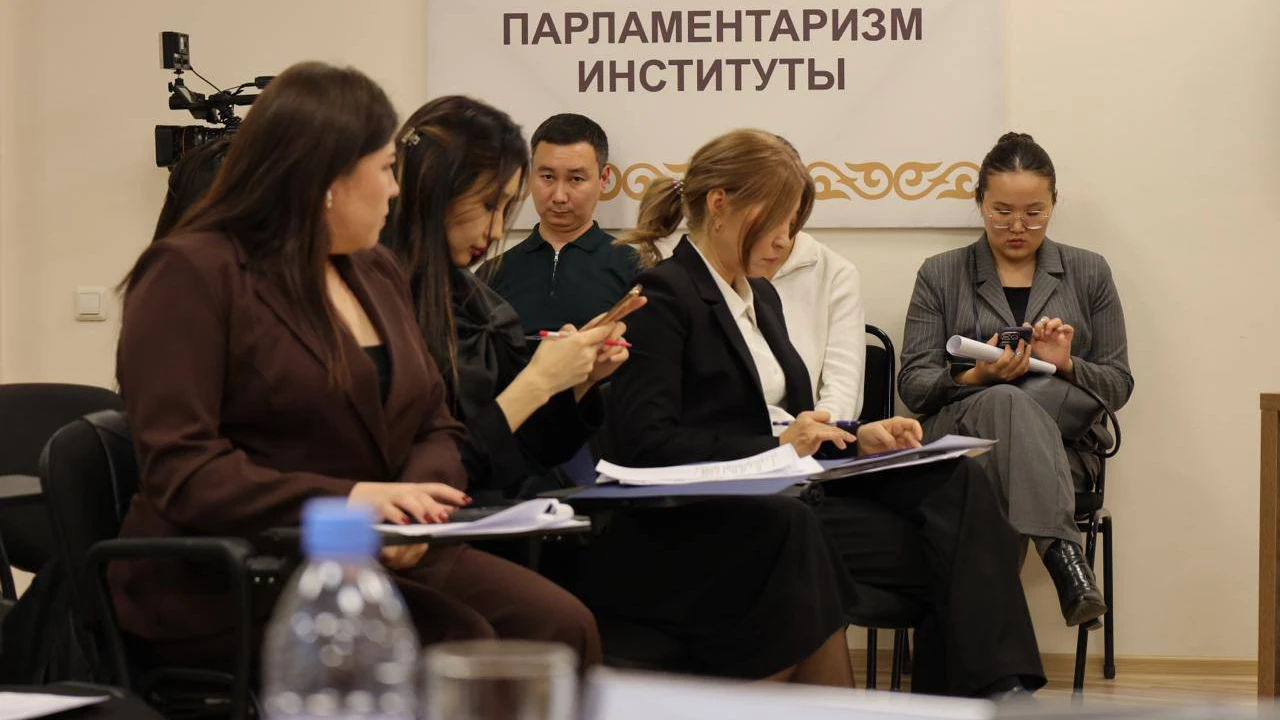
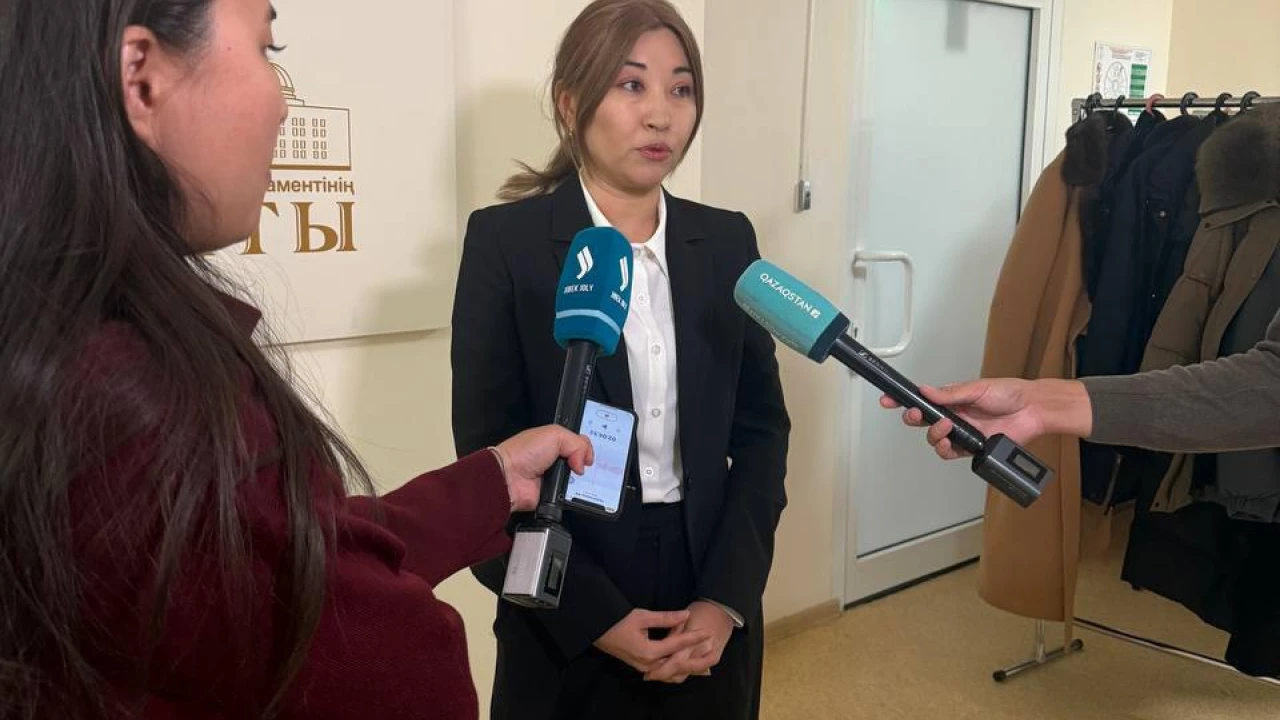
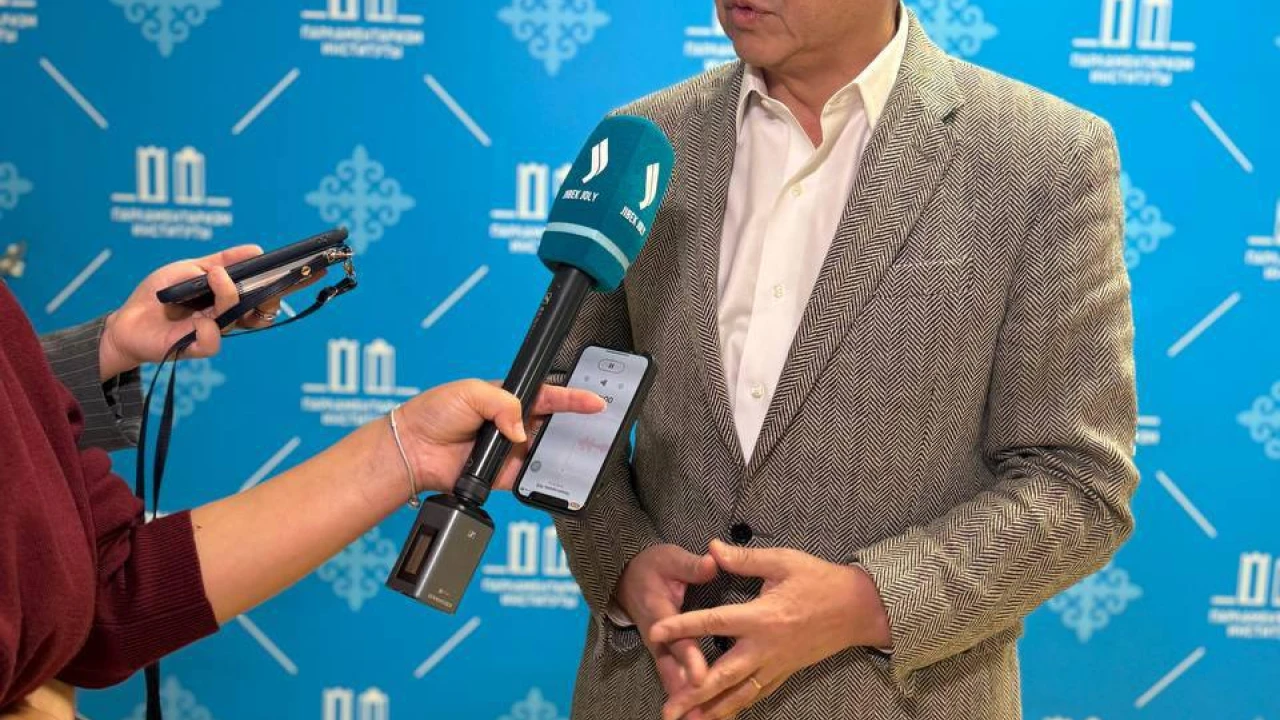


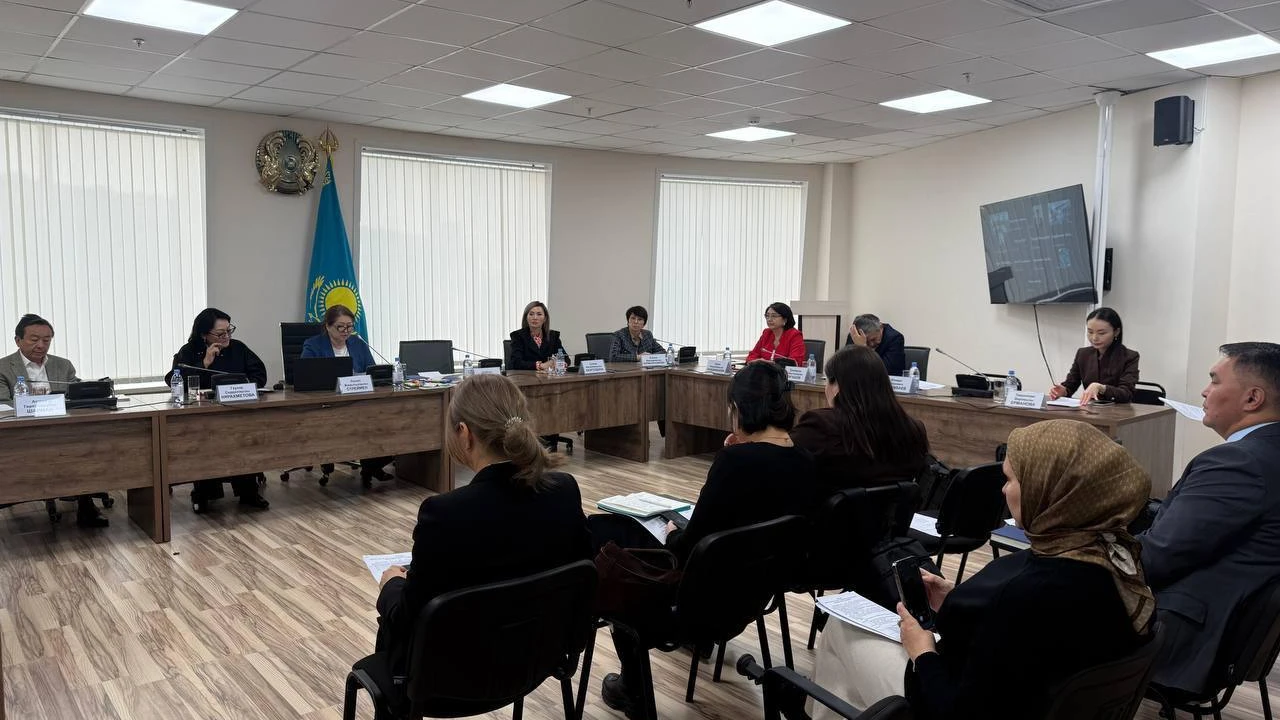

Today, the Institute of Parliamentarism under the Presidential Administration of the Republic of Kazakhstan hosted a roundtable titled “Stop the Poison – Safe Childhood: Quality Control of Consumer Goods and Protection from Counterfeit Products.” The event was organized by the Institute of Parliamentarism together with members of the National Commission for Women’s Affairs and Family and Demographic Policy under the President of the Republic of Kazakhstan.
The roundtable brought together representatives of government agencies, members of the National Commission, parent and business communities, experts, and NGOs. The discussion focused on the challenges posed by dangerous, counterfeit, and uncertified products intended for children.
The event was opened by the Deputy Director of the Institute of Parliamentarism, Lyazzat Suleimen Zhanilyskysy, who emphasized the urgency of addressing products that threaten children’s health, their influence on harmful habits, and the risks posed to national security:
“Today, we need to build a comprehensive system: control, prevention, awareness, and economic measures — this is our shared responsibility,” she highlighted.
Senator Bibigul Nurgaliyevna Zheksenbai stressed the importance of ensuring children’s safety and access to quality goods, underscoring the need for strengthened legislative and social measures.
Member of the Mazhilis of the Parliament of the Republic of Kazakhstan Nurgul Taukysy drew attention to issues of children’s and adolescents’ health, noting the harmful effects of energy drinks, fast food, and products high in sugar, salt, and artificial additives. Citing statistical data, she stated that 21% of children aged 6–9 in Kazakhstan are overweight or obese, and more than 40% of adolescents regularly consume energy drinks. She stressed the need to cultivate a culture of healthy nutrition, introduce special labeling, and promote domestic production of healthy foods.
Associate Professor of the Department of Nutrition at Astana Medical University, Candidate of Medical Sciences Saule Kenesbekovna Tardzhibaeva, presented findings on alarming trends in children’s diets. According to her, the overall morbidity rate increased from 94.8 thousand to 96 thousand cases per 100 thousand children. The most notable growth is observed in respiratory, digestive, and nervous system diseases, as well as infectious and parasitic illnesses. Additionally, consumption of sugary drinks rose from 10.9% to 16.7%, with daily intake among adolescents aged 11–15 reaching 67.8%, and 65.5% among girls, with the rate increasing with age. Insufficient intake of fruits and vegetables combined with excess sugar poses serious risks to children’s health.
Chairwoman of the nonprofit organization TechnoWomen, Aziza Shuzheyeva, noted that harmful products sold freely in stores remain easily accessible to children. She reported that last year, 24 children were hospitalized after consuming such products. Shuzheyeva emphasized the need to introduce mandatory labeling to mitigate these risks.
During the roundtable, participants addressed issues related to the safety of children’s food products, the impact of energy and sugary drinks on adolescents, scientific research findings, monitoring of counterfeit and hazardous goods, digital labeling, as well as perspectives from the parent community.
Among the participants were Deputy Chairman of the Committee for Child Protection of the Ministry of Education of the Republic of Kazakhstan Zhomart Petrovich Karambaev, Deputy Chair of the National Center for Public Health Saltanat Abdykadyrovna Nazarova, and Director of the Department of Hygiene and Health Protection of the National Center for Public Health Zhanar Sapargaleevna Tyulyubaeva. The attendees shared their proposals and discussed plans for launching the public awareness campaign “Stop the Poison!”.
Based on the results of the event, recommendations were developed to protect children, strengthen legal controls, and conduct awareness-raising activities, as well as define tasks for their further implementation.



